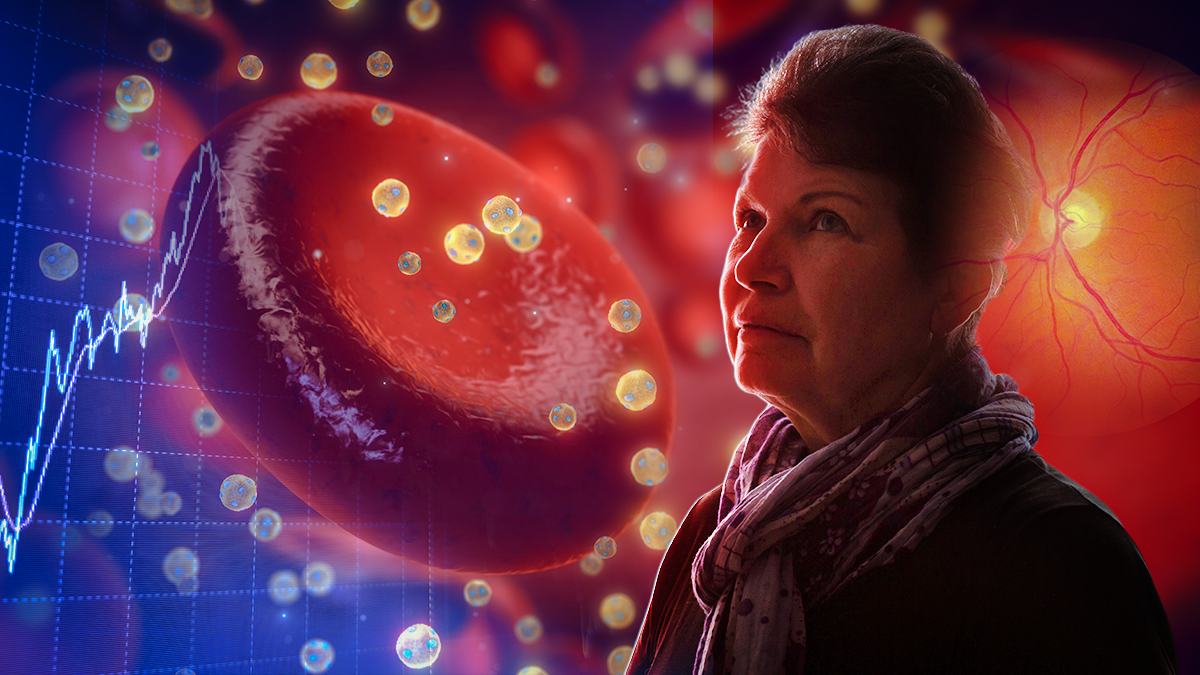Researchers have long suspected the role of lipid metabolism in AMD. The exact connection has been murky—until now.
Ever wonder how cholesterol levels might be linked to eyesight as we age? Investigators at UC San Diego (California, United States) have uncovered something that could upend the way we think about lipoproteins and our health: HDL, or “good cholesterol,” might not be so benign when it comes to age-related macular degeneration (AMD).
In the study, researchers described a U-shaped relationship between HDL levels and AMD risk.1 But what does that mean? If the body’s HDL levels are too low or too high, your chances of developing AMD go up. The sweet spot seems to be somewhere in the middle.
Here’s where it gets even more interesting: the study didn’t just look at cholesterol levels. It also dove into genetics. It turns out that certain gene variants related to HDL metabolism, like those in ABCA1 and LIPC, seem to protect against AMD.
But the team also found something totally new: a gene called LPA, linked to lipoprotein(a), may actually increase your risk. This is the first time LPA has been tied to AMD, and it might have something to do with drusen formation.
Using data from the National Institutes of Health’s All of Us Research Program, the team conducted a cross-sectional, retrospective analysis of 7,356 participants, including 2,328 AMD patients and 5,028 controls matched by age, race and gender.
They examined HDL and LDL cholesterol levels, triglycerides and lifestyle factors such as smoking status, hyperlipidemia history and statin use. Outliers in laboratory measurements were excluded to ensure accurate results.
Here’s what they found in brief:
- Both very low and very high HDL levels are risky for AMD.
- Smoking and statin use also increase AMD risk.
- LDL cholesterol and triglycerides? No significant impact.
While this study is exciting, it’s not the final word. Since it relied on retrospective data, the team couldn’t dive deep into AMD severity. They’re calling for future research to confirm these findings and explore whether targeting genes like LPA could lead to new treatments for AMD.
Editor’s Note: This content is intended exclusively for healthcare professionals. It is not intended for the general public. Products or therapies discussed may not be registered or approved in all jurisdictions, including Singapore.
Reference
- Chen JS, Esko JD, Walker E, Gordts PLSM, Baxter SL, Toomey CB. High Density Lipoproteins Associate with Age-Related Macular Degeneration in the All of Us Research Program. Ophthalmology. 2025:S0161-6420(25)00002-8.



